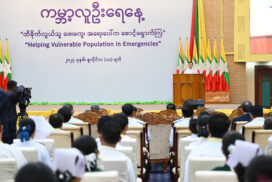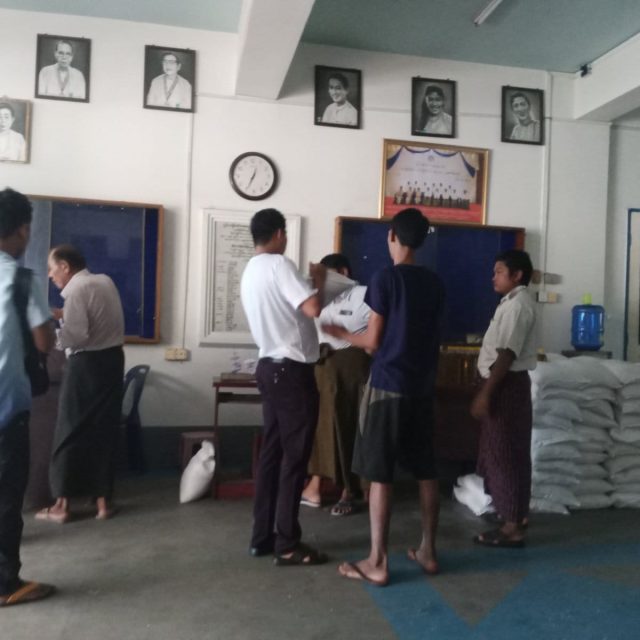The Lord Buddha, in His preaching, emphasized the importance of nutrition for the physical well-being of living beings. His teachings remain relevant today as nutrition is crucial for human survival. Key health indicators such as maternal mortality rate, child mortality rate, and the mortality rate of children under five reflect the economic, social, and health status of a country.
Therefore, nations prioritize health measures for vulnerable groups, particularly mothers, children, and teenagers. Although global progress in maternal and child health has been notable over the past decade, malnutrition continues to be a pressing issue in developing countries.
Poverty and consumption processes not in harmony with health guidelines may cause malnutrition in children. Hence, health officials need to raise health awareness about the consumption of nutritious foods for students and arrange for school canteens to sell healthy and fresh foods to students. Moreover, the Ministry of Health and relevant ministries have to strive for the enhancement of nutritious food consumption among the people in cooperation with social organizations and the people so as to shape a healthy society.
Malnutrition results from insufficient consumption of essential nutrients or deficiencies in food intake. A significant factor contributing to malnutrition is the lack of knowledge about preparing nutritious meals. Even with access to healthy foods, improper cooking techniques can lead to nutrient loss, rendering meals less beneficial.
The consequences of malnutrition are severe, including immune deficiencies, susceptibility to infectious diseases, impaired brain development, general health deterioration, and a decline in overall quality of life. Nutritionists categorize malnutrition into four key areas: stunting (impaired growth and development), wasting (severe thinness), obesity, and deficiencies in vitamins and minerals.
Myanmar has been grappling with child malnutrition for many years. Health records indicate that the maternal mortality rate in Myanmar is 282 per 100,000 pregnant women and births, the second-highest in Southeast Asia. This figure is double the regional average of 140 deaths per 100,000. Ensuring proper nutrition for pregnant and new mothers is crucial in reducing these mortality rates. Nutritional deficiencies during pregnancy can lead to life-threatening complications for both mothers and their babies.
Addressing malnutrition involves more than just providing access to food. It requires educating the public on the importance of balanced diets and proper food preparation methods. Health authorities must implement comprehensive programmes to improve nutritional knowledge and practices among the population. That includes community-based interventions, educational campaigns, and integrating nutrition education into the healthcare system.
Poverty and consumption processes not in harmony with health guidelines may cause malnutrition in children. Hence, health officials need to raise health awareness about the consumption of nutritious foods for students and arrange for school canteens to sell healthy and fresh foods to students. Moreover, the Ministry of Health and relevant ministries have to strive for the enhancement of nutritious food consumption among the people in cooperation with social organizations and the people so as to shape a healthy society.















